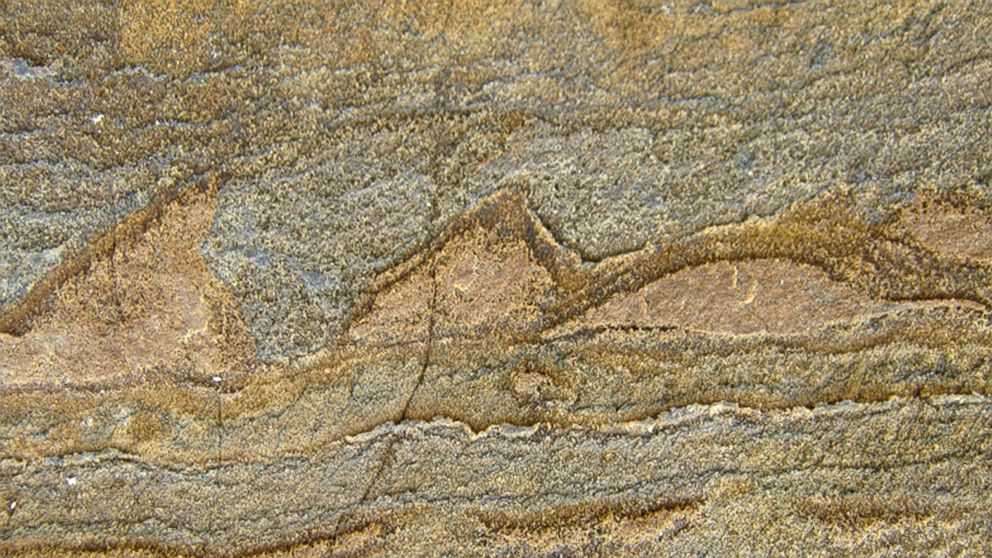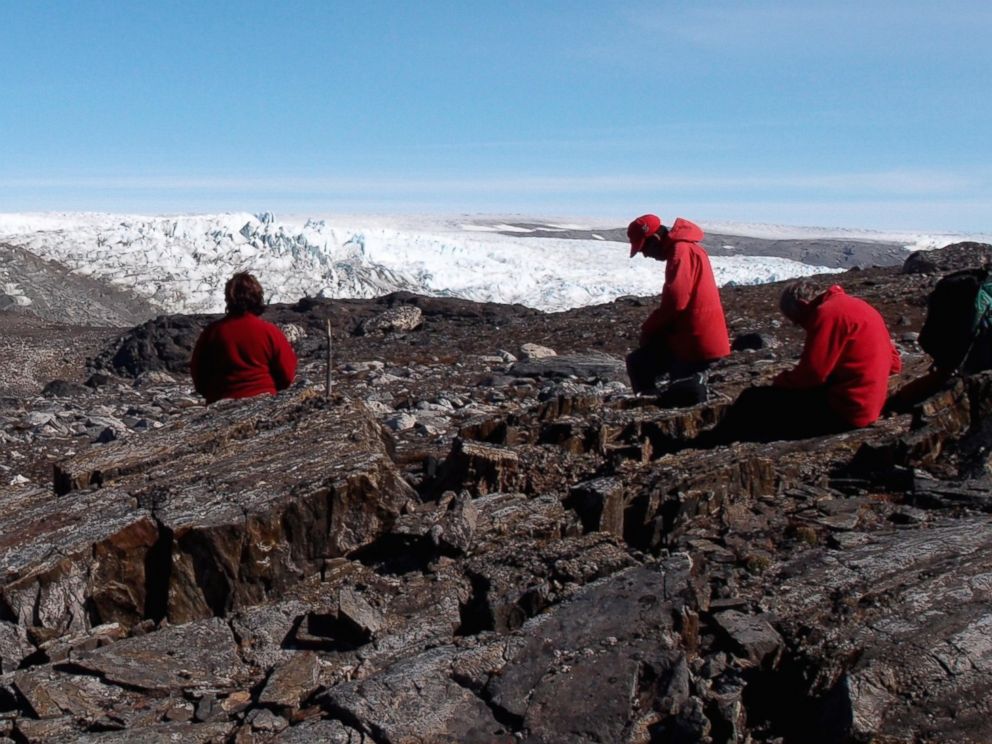Oldest fossil ever discovered significantly extends estimated age of life on Earth
Suggests life was on Earth 220 million years earlier than previously thought.

— -- New research on fossils found in Greenland suggests there was life on Earth at least 220 million years before scientists had previously thought, according to a study published today in the journal Nature.
Researchers found evidence for ancient life from a "newly exposed outcrop" of 3.7 billion-year-old metacarbonate rocks in southwest Greenland, according to the study.
These rocks contained stromatolites, or layered structures produced by microorganism communities that trapped and bound sediments.
Stromatolites are the most persistent evidence of life in Earth's history, according to the study by an international team of scientists.
The stromatolites found at the site in Greenland pre-date what was previously thought to be the oldest evidence of life remains by 220 million years, according to the researchers.
